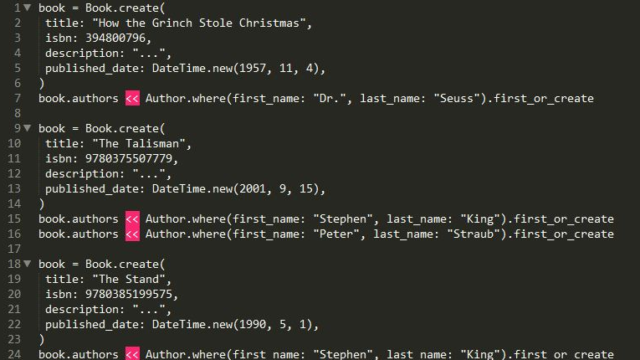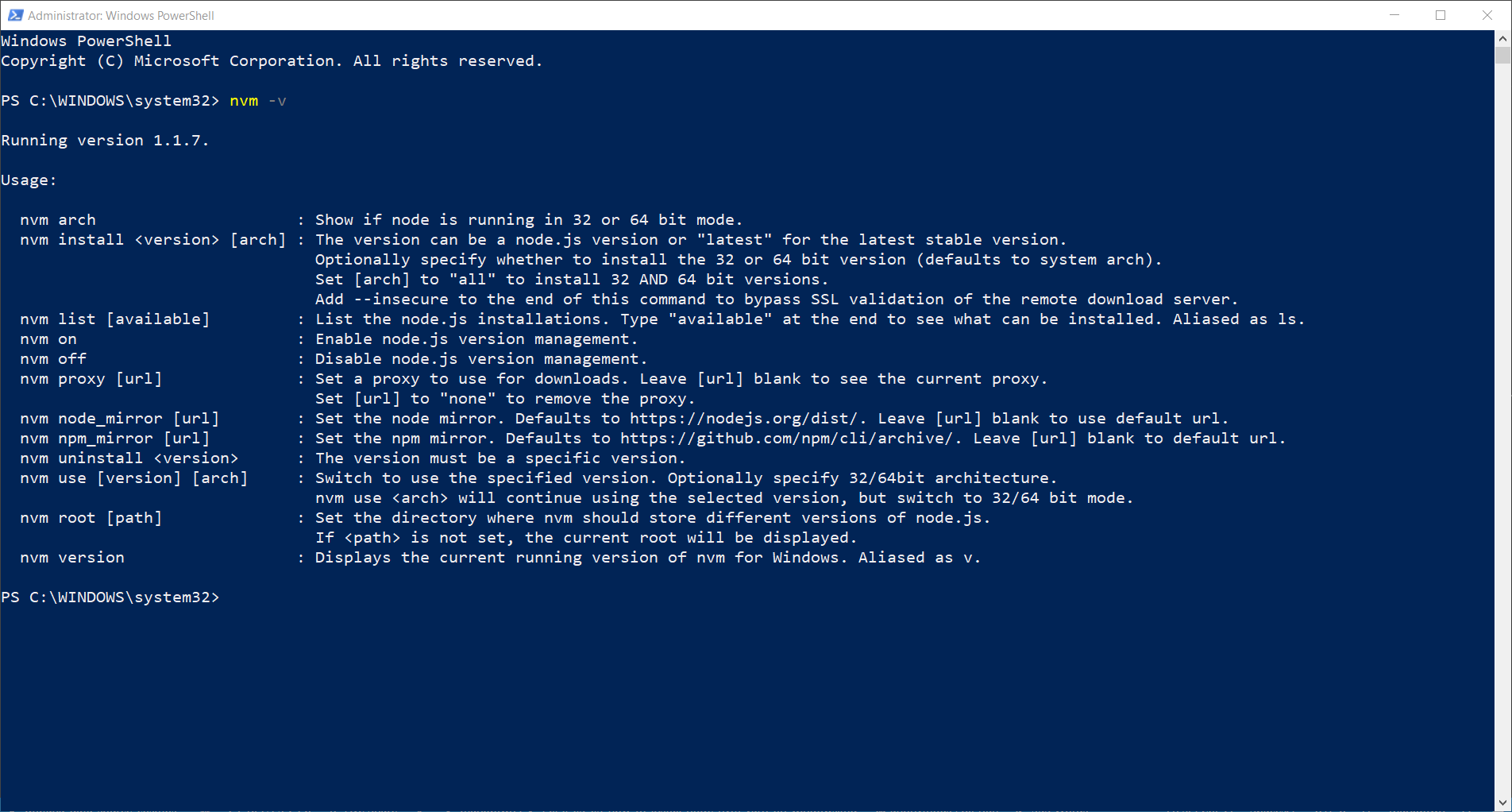
No, that's not a typo! With asdf you install language version managers, and it offers a common syntax to install language versions: asdf plugin-install elixir This doesn't scale well.Īsdf is a version manager version manager. But (of course there was a "but", otherwise this post would not make sense) this forces all devs in the project to install a version manager for each of the languages we need, and manually install the correct versions.

"But Marc, you only need to install a new version once in a while, and you can set a project template that adds all the needed files", you might say. Oh, and I need to actually install all the needed version managers, and you'd probably want to set the version autodiscovery, so you always run the correct language version when changing projects.
#NVM LIST RUBY VERSIONS HOW TO#
I need to keep remembering how to install new language versions, and when setting up a project I need to remember what files each of the version managers use to define what version this project uses. Guess my next step.Īt this point, butterflies got sad and stopped butterflying. I had some problems with it, so I finally went back to nvm. I went with nvm (Node Version Manager), but then I switched laptops and I tried n, a lighter version manager. Then NodeJS appeared and, of course, I had to install its own version manager. Butterflied? Butterflew? Well, whatever, butterflies did their thing.


All was good, flowers were blooming, rainbows appeared in the sky and butterflies. but then a workmate appeared, saying chruby (you guessed it, yet another Ruby version manager) was even faster, so I switched again. After some time, I switched to rbenv (yes, that's another Ruby version manager) because rvm was too slow. When I started programming in Ruby, I had to install rvm (Ruby Version Manager) to use the correct Ruby version for each of the different projects I was in.


 0 kommentar(er)
0 kommentar(er)
